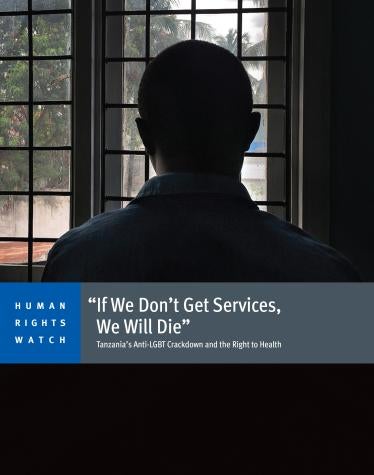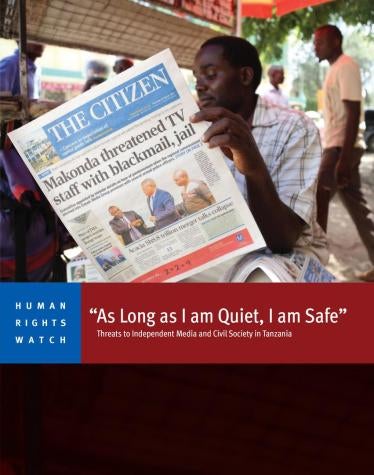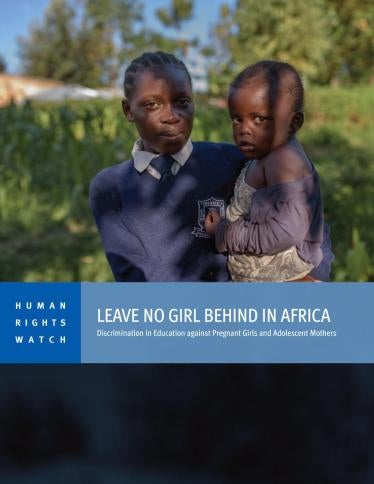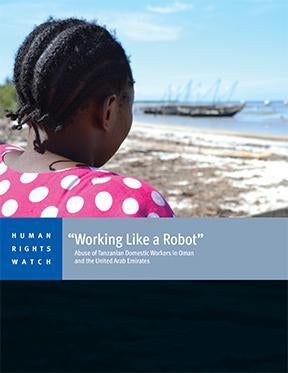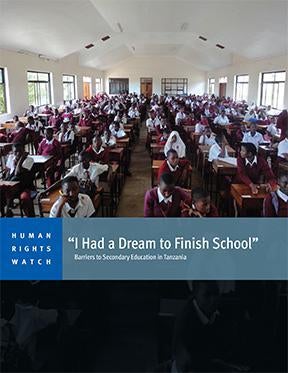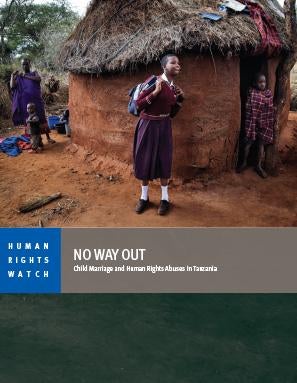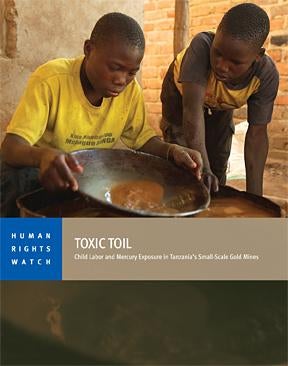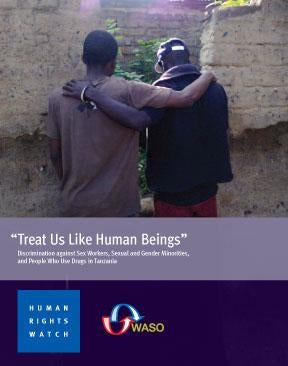“It’s Like Killing Culture”
Human Rights Impacts of Relocating Tanzania’s Maasai
The 86-page report, “It’s Like Killing Culture,” documents the Tanzanian government program that began in 2022 to relocate over 82,000 people from the NCA to Msomera village, about 600 kilometers away, to use their land for conservation and tourism purposes. Since 2021, the authorities have significantly reduced the availability and accessibility of essential public services, including schools and health centers. This downsizing of infrastructure and services, coupled with limiting access to cultural sites and grazing areas and a ban on growing crops, has made life increasingly difficult for residents, forcing many to relocate.


